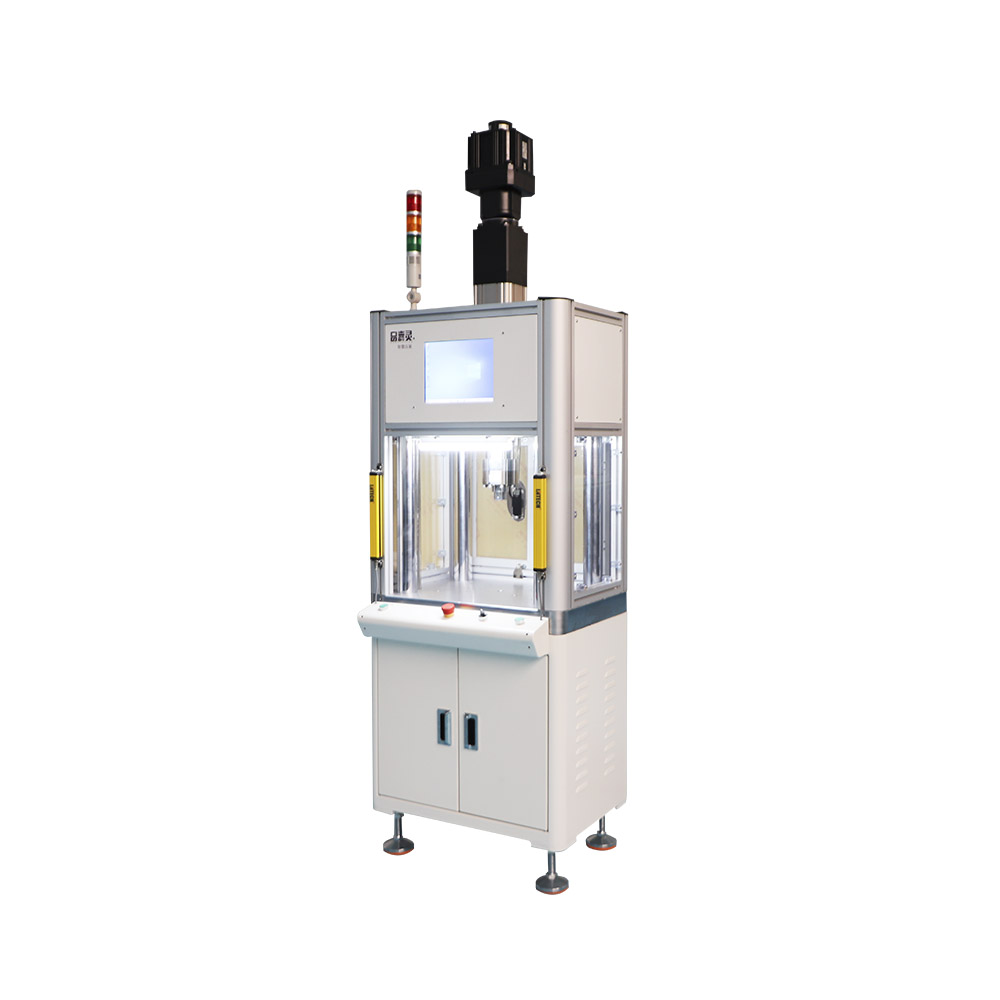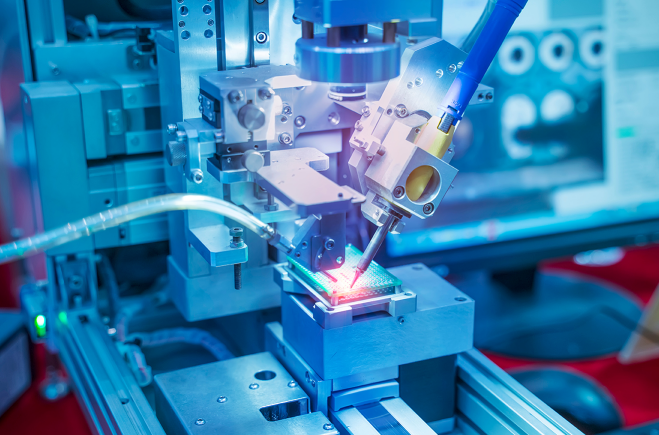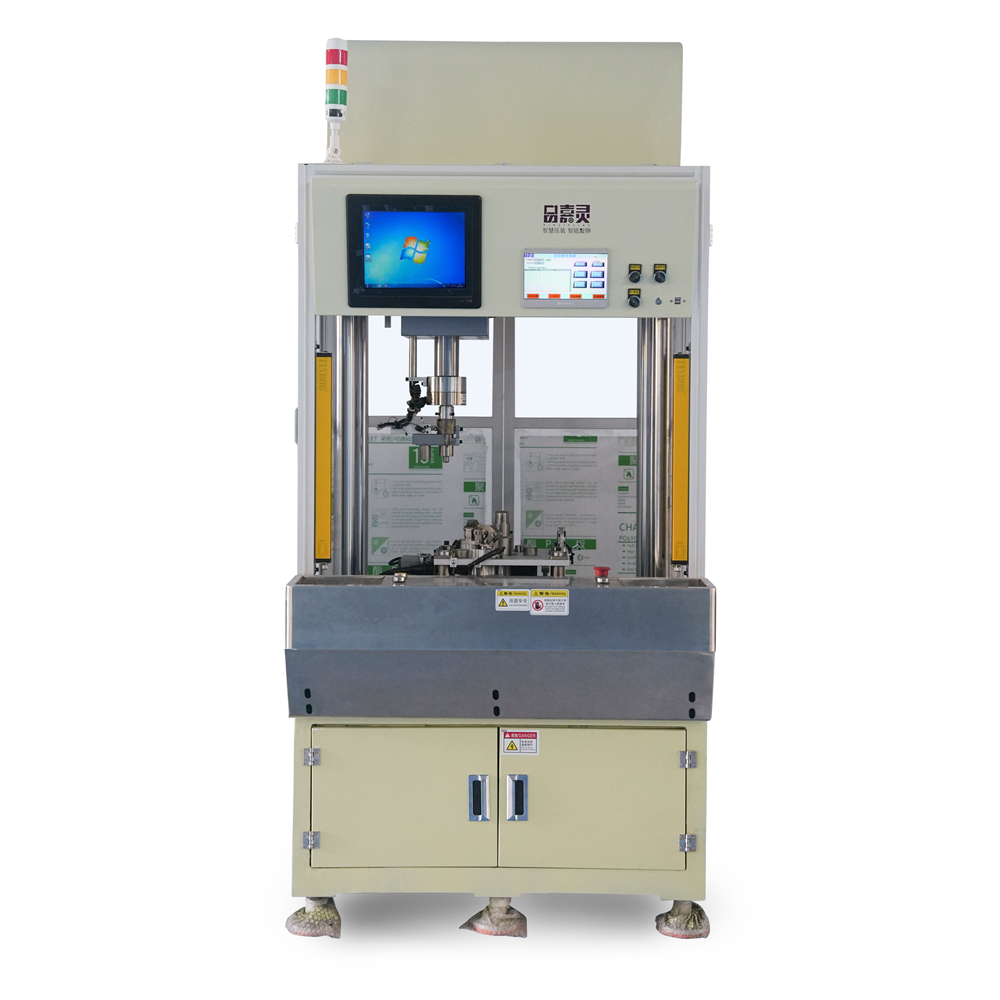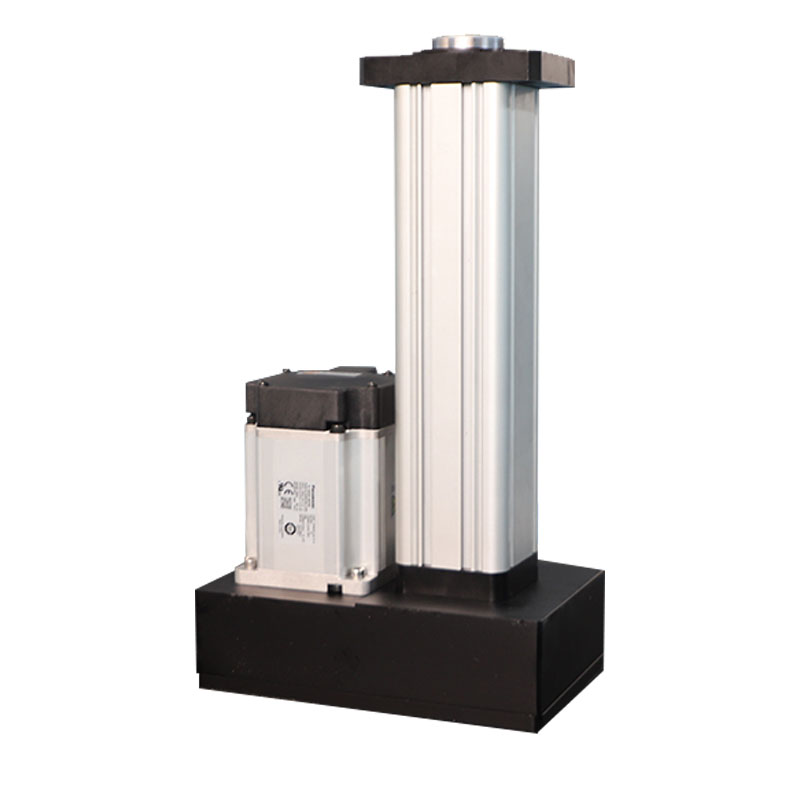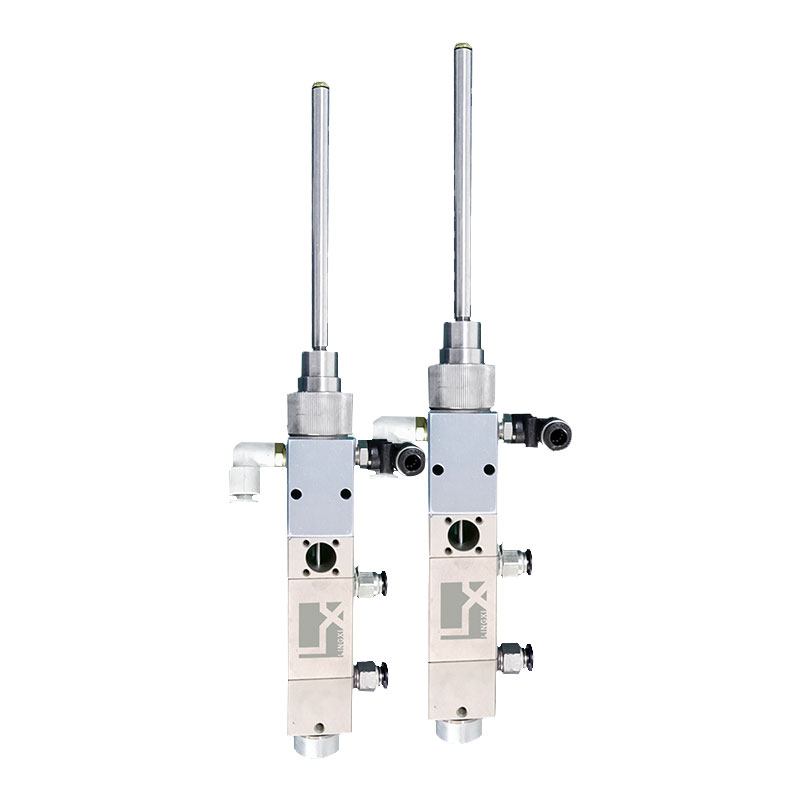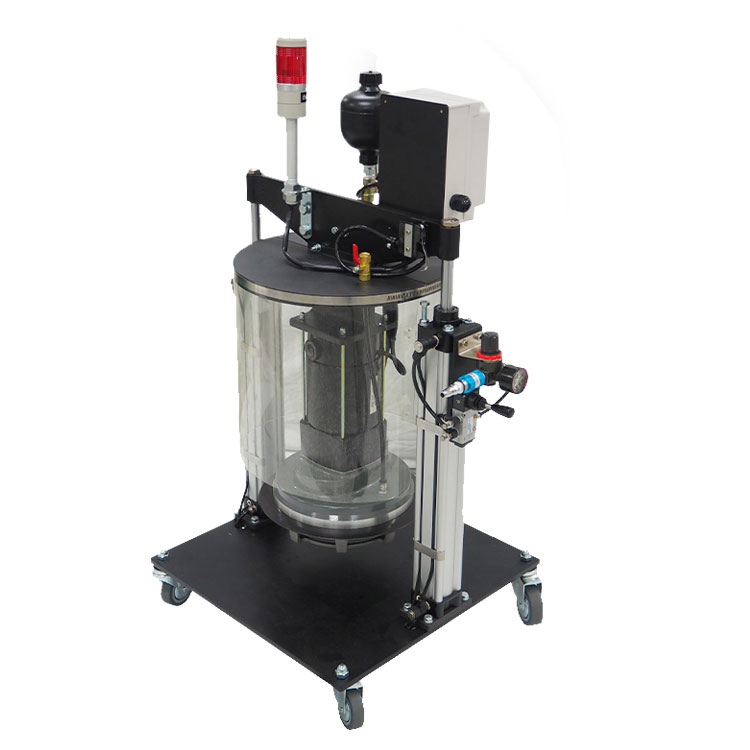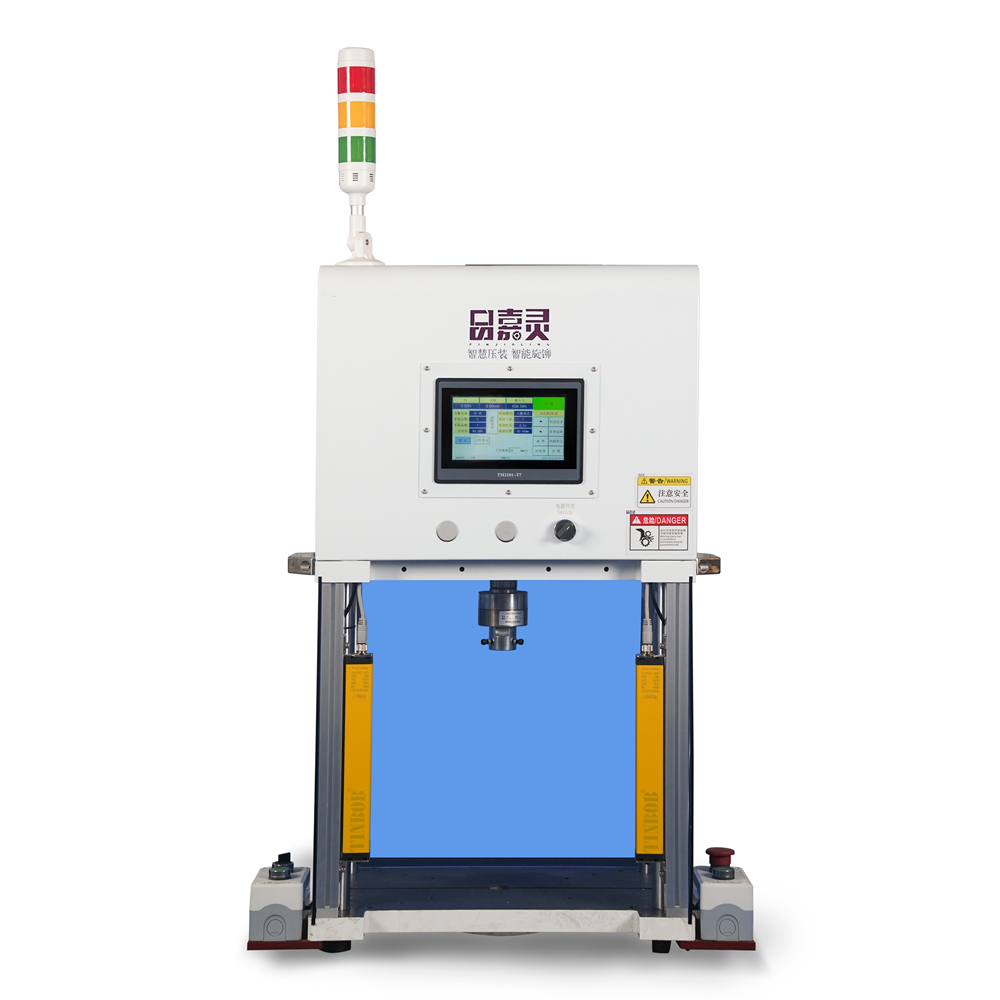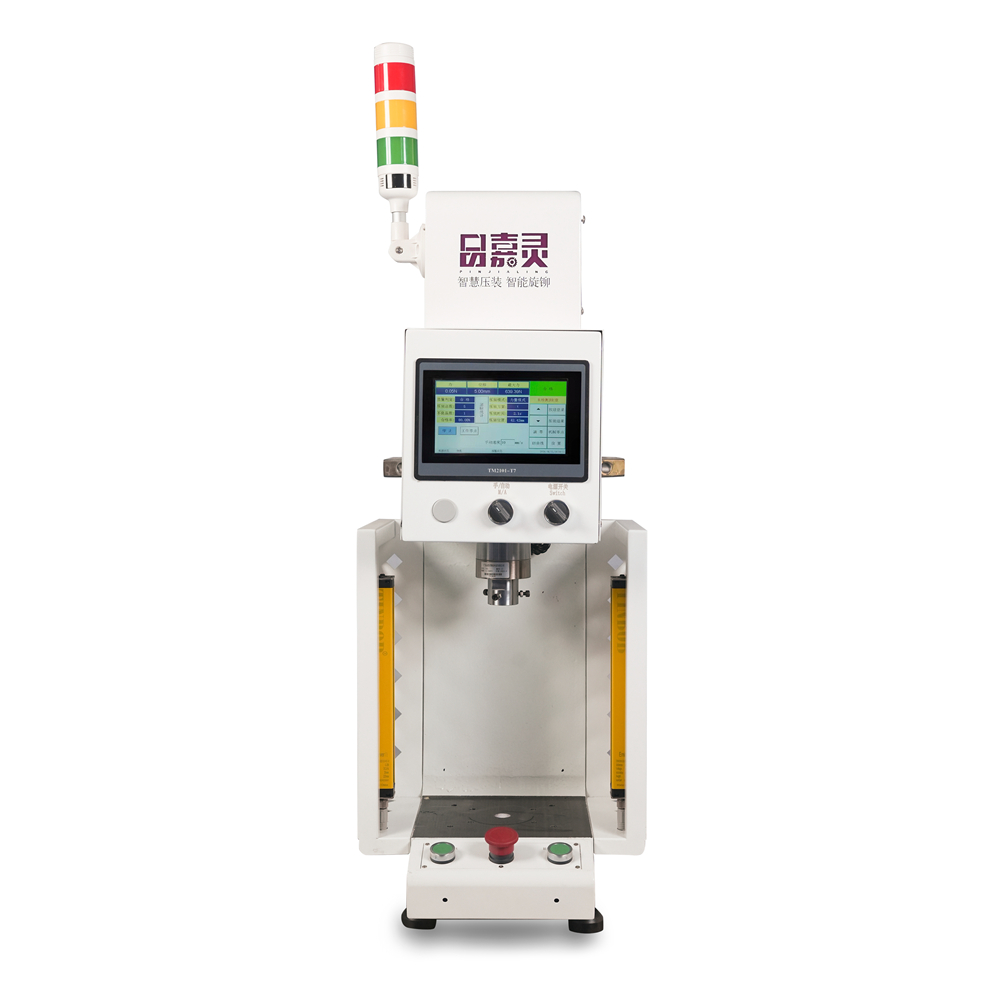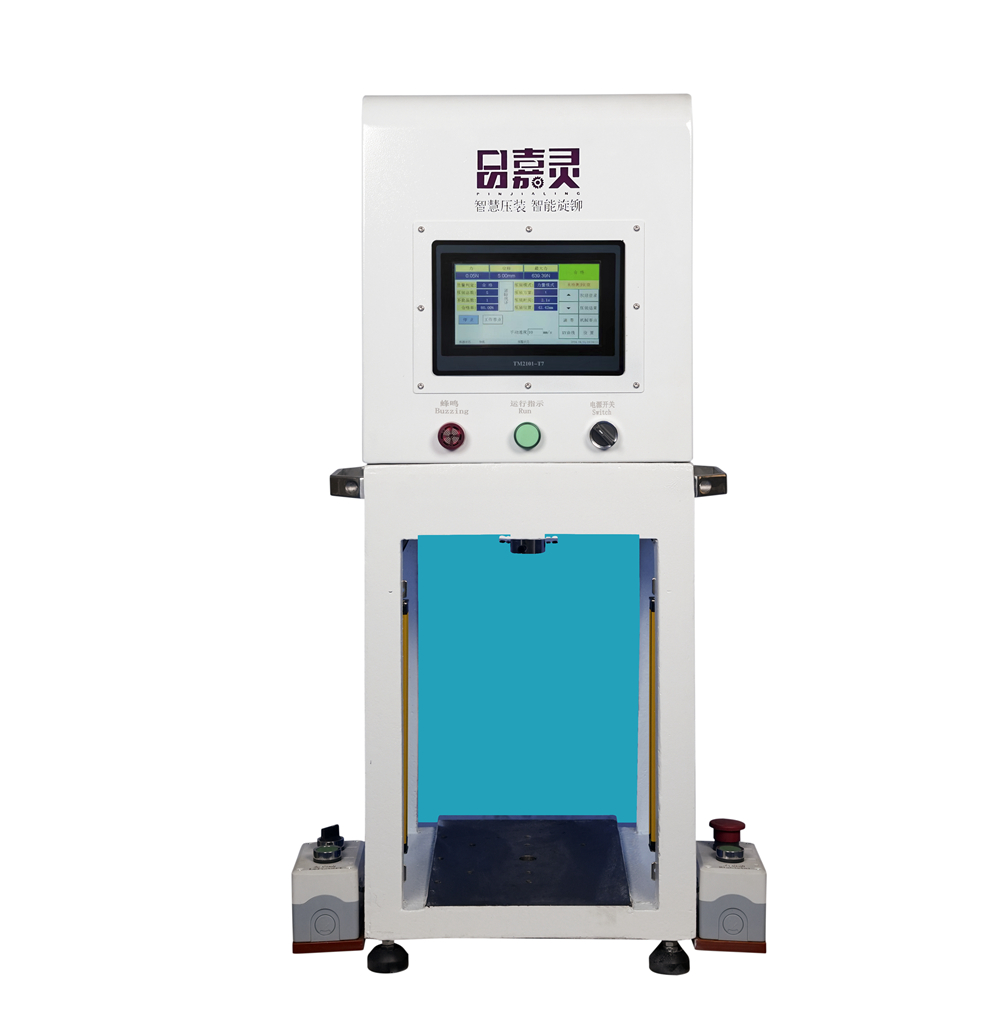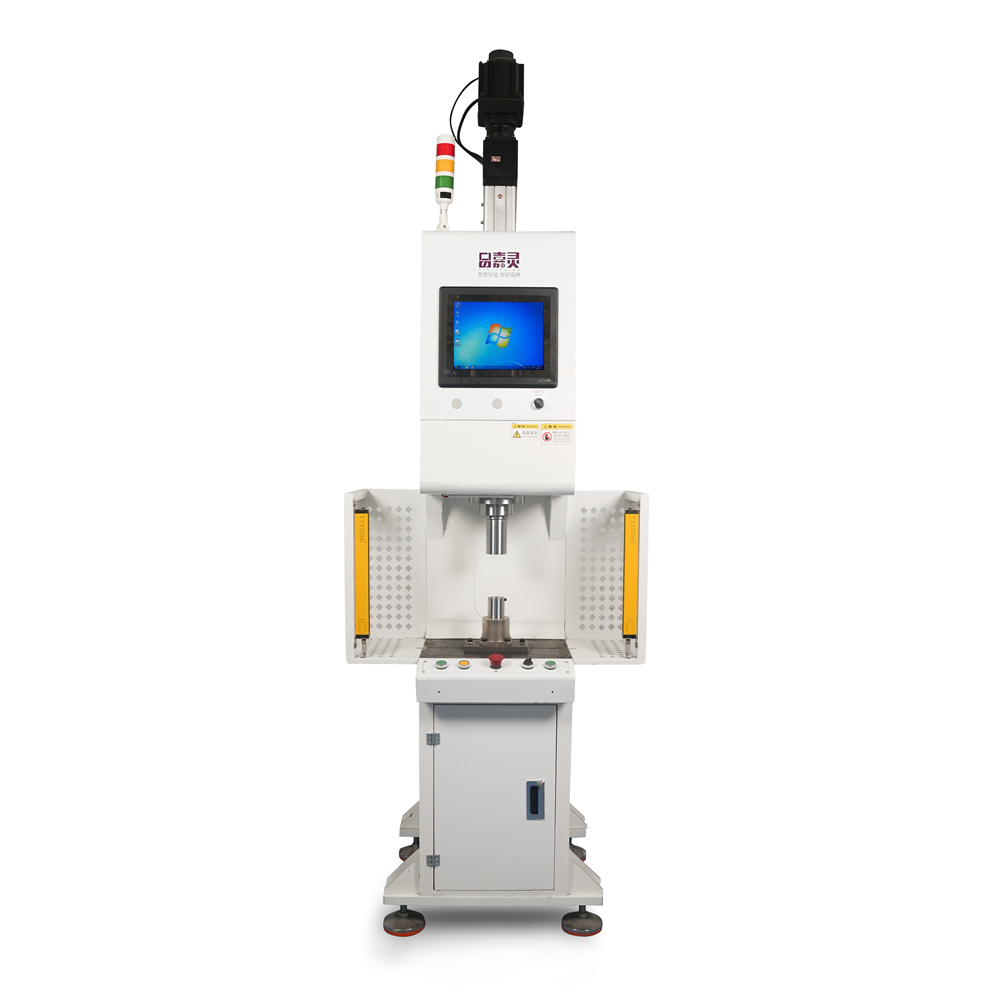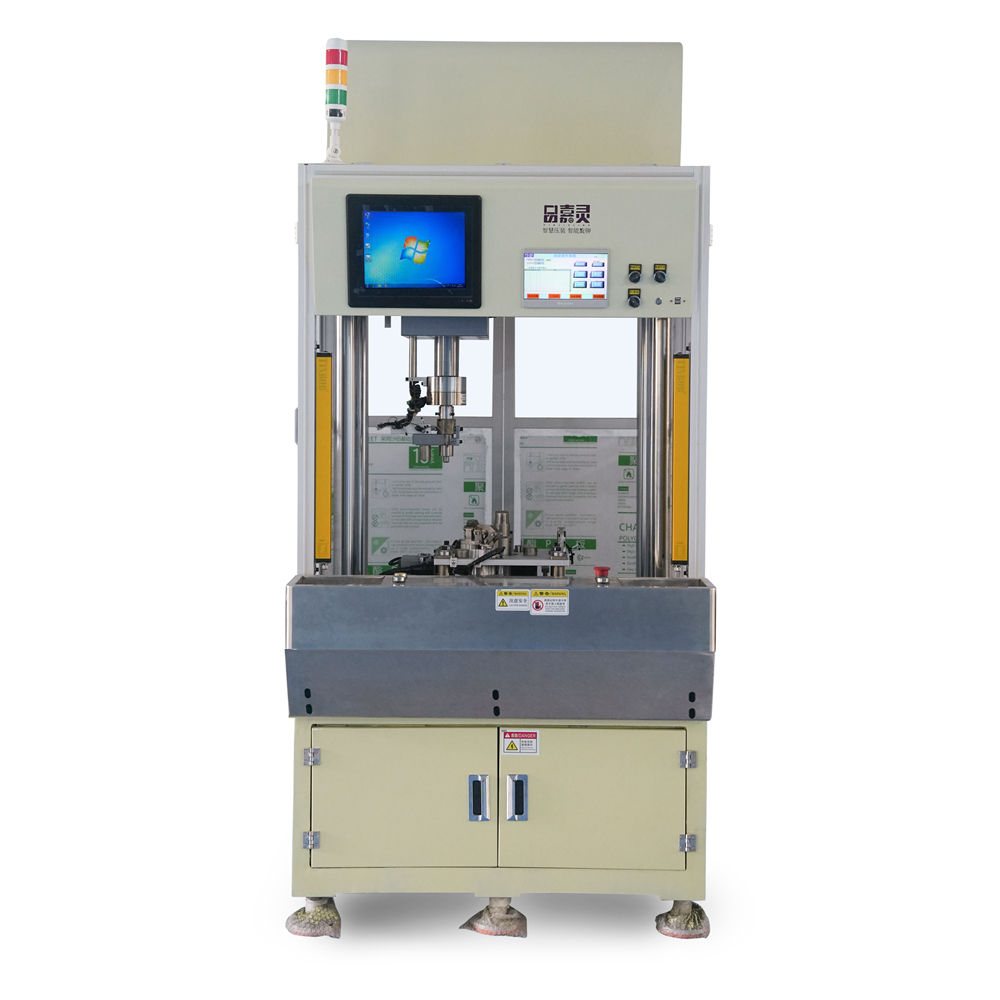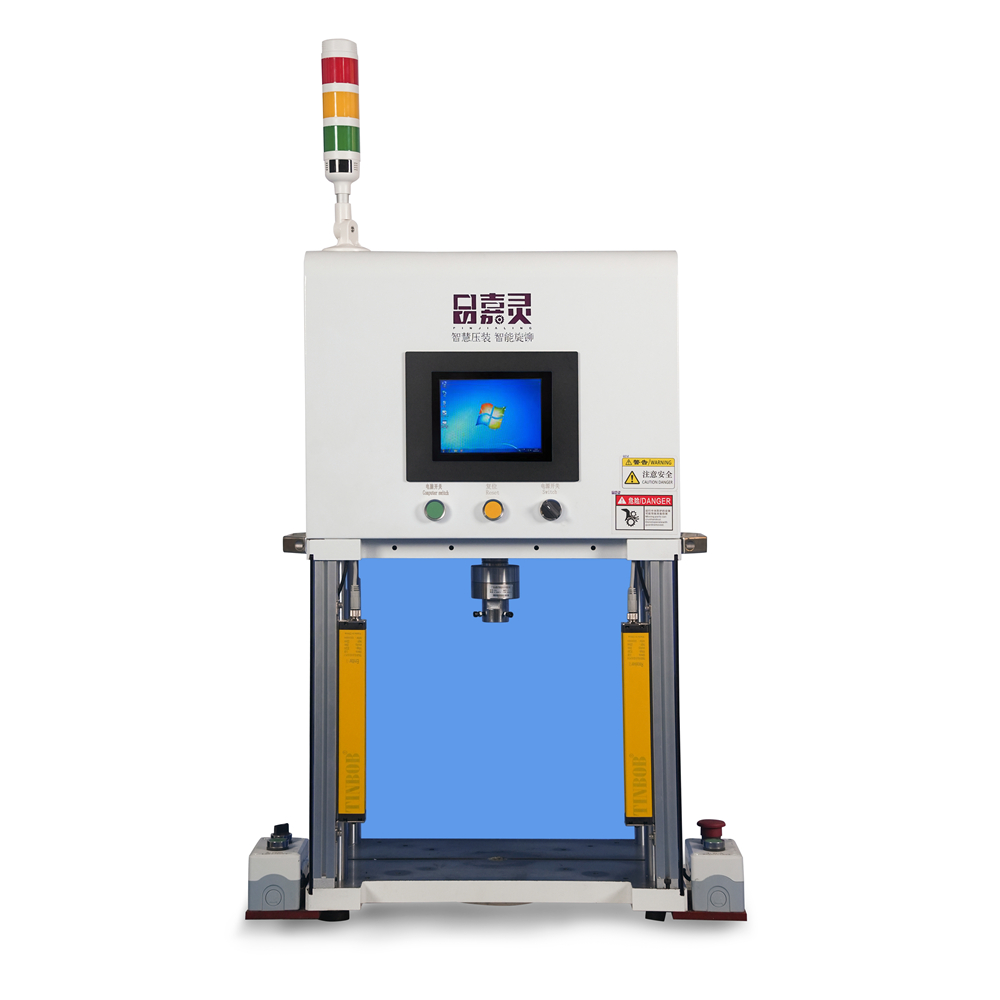Servo-Controlled Quantitative Valve Machine: Enhancing Precision and Efficiency
The servo-controlled quantitative valve machine is a revolutionary advancement in the field of industrial automation. This cutting-edge technology has the potential to significantly enhance precision and efficiency in manufacturing processes. By integrating servo motors into valve machines, this innovation offers improved control, accuracy, and reliability. In this article, we will explore the benefits of this technology and its potential applications across various industries.
Enhanced Precision:
One of the key advantages of the servo-controlled quantitative valve machine is its ability to provide precise control over the flow rate of fluids or gases. Traditional valve machines often rely on manual adjustments, which are prone to human errors and discrepancies. With the integration of servo motors, the valve opening and closing movements are precisely controlled, resulting in consistent and accurate flow rates. This level of precision ensures that manufacturing processes meet strict quality standards and reduces wastage caused by overflows or underflows.
Increased Efficiency:
The integration of servo motors in valve machines also leads to enhanced efficiency in production processes. Traditional valve machines require frequent manual adjustments to maintain the desired flow rate. This not only consumes valuable time but also increases the risk of errors. In contrast, the servo-controlled quantitative valve machine automatically adjusts the valve opening and closing based on real-time feedback, optimizing the flow rate while minimizing human intervention. This automation significantly reduces downtime, improves productivity, and allows operators to focus on other critical tasks.
Applications:
The servo-controlled quantitative valve machine finds applications in a wide range of industries, including manufacturing, pharmaceuticals, food and beverage, and chemical processing. In manufacturing, this technology ensures accurate dosage of raw materials in the production of various products. In the pharmaceutical industry, precise control over the flow rate of active ingredients is vital for drug formulation. The food and beverage industry benefits from this technology as it enables precise dispensing of ingredients, enhancing product consistency. Furthermore, in chemical processing, maintaining accurate flow rates is crucial for achieving desired chemical reactions.
Conclusion:
The servo-controlled quantitative valve machine is a game-changer in the realm of industrial automation. Its ability to enhance precision and efficiency will have a profound impact on various industries. By eliminating the limitations of manual adjustments, this technology offers improved control, accuracy, and reliability in manufacturing processes. As advancements continue to be made in servo motor technology, the potential applications of this innovation will only broaden. The servo-controlled quantitative valve machine is an indispensable tool for modernizing manufacturing processes and optimizing productivity.

- How does the S-type servo press work?
- As a kind of precision CNC servo electronic press, the working principle and characteristics of...
- What is a linear servo actuator?
- As an important mechatronic product, the linear servo actuator plays a key role in modern...
- Four-Column Gantry Servo Press: High Precision Pressing, Leading the Way in Intelligent Manufacturing
- In modern manufacturing, the four-column gantry servo press has become the preferred equipment for many...
- Servo Linear Actuator: Precise and Stable Industrial Force
- Servo linear actuator, as an important component in the field of modern industrial automation, plays...
- What exactly is a spray valve?
- Spray valve, this term is not uncommon in daily life and industrial production, but many...
- Electric Butter Machine: Detailed explanation of mechanism, structure and function
- As an efficient and convenient butter production equipment, the electric butter machine realizes the fast...



